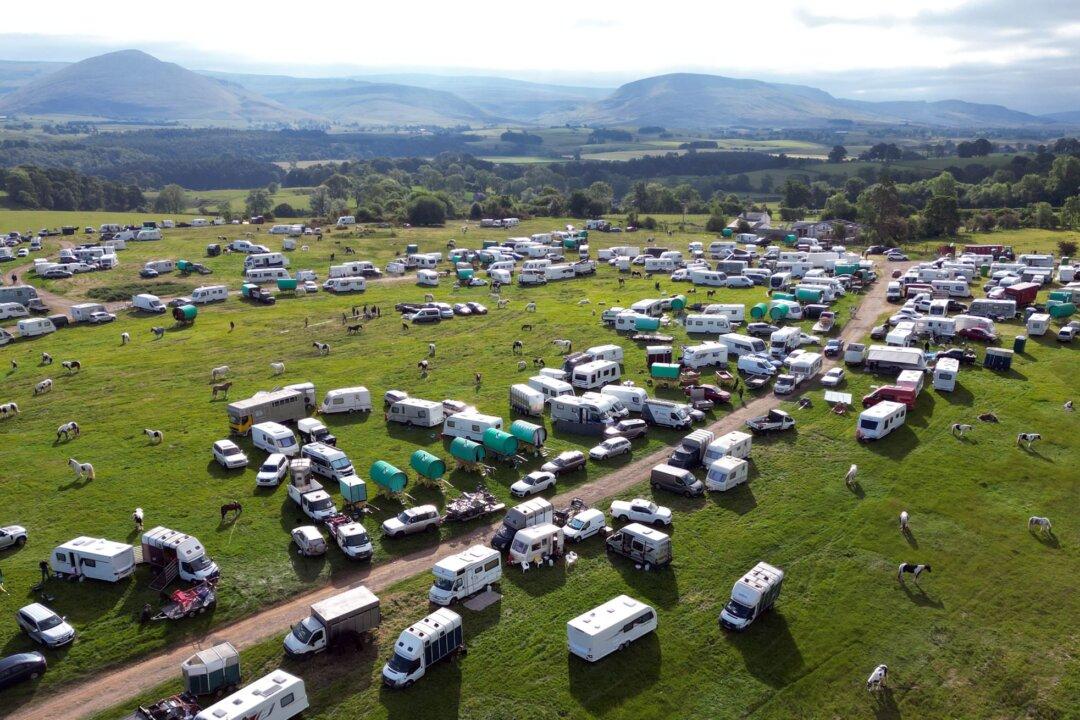Local authorities can ban gypsies and travellers from their land, the Supreme Court has ruled.
The court ruling comes after a series of appeals to decisions, which would prevent travellers from settling on public land such as parks, fields and roadside verges.





